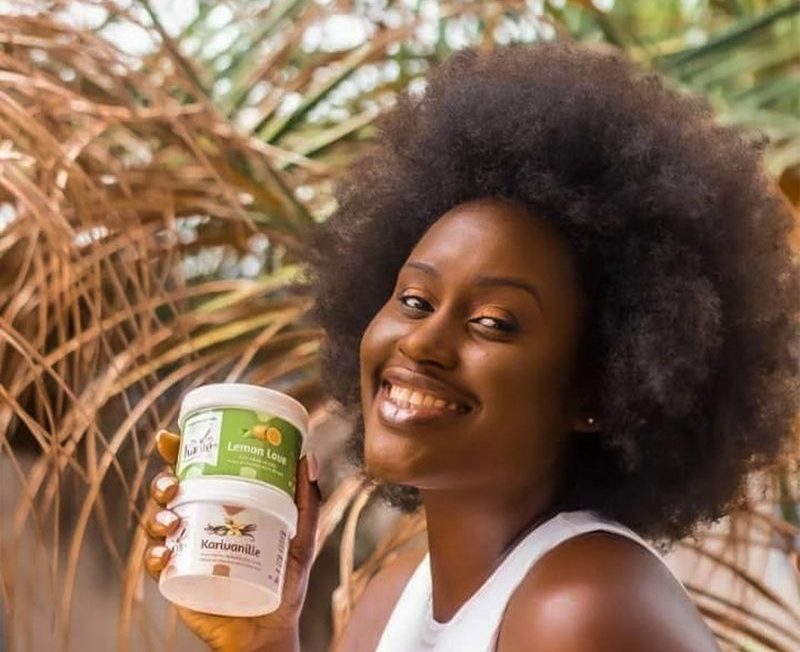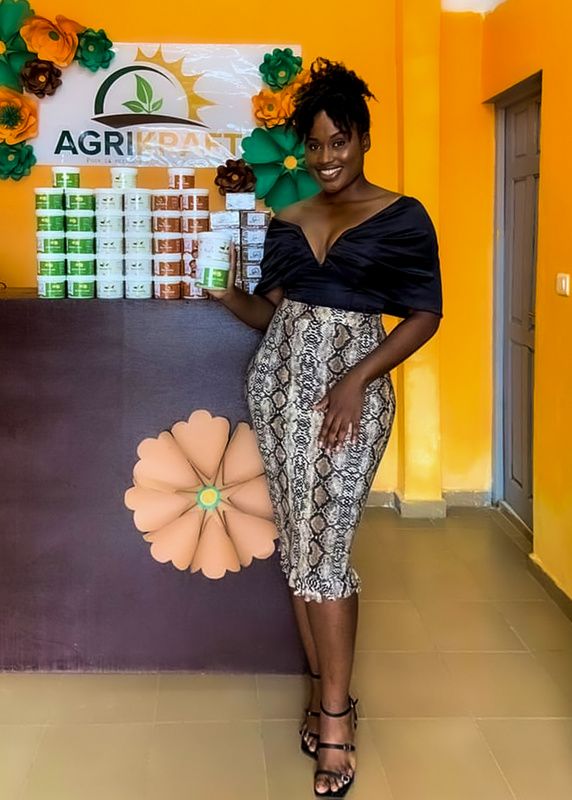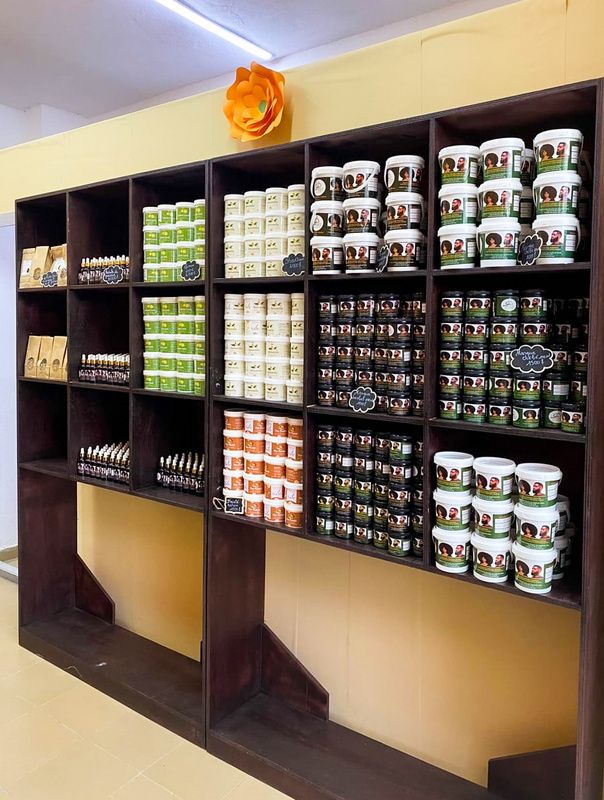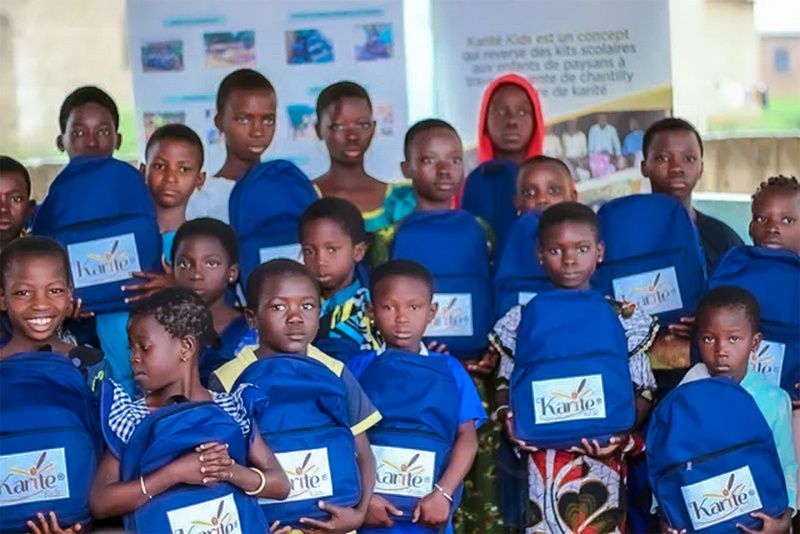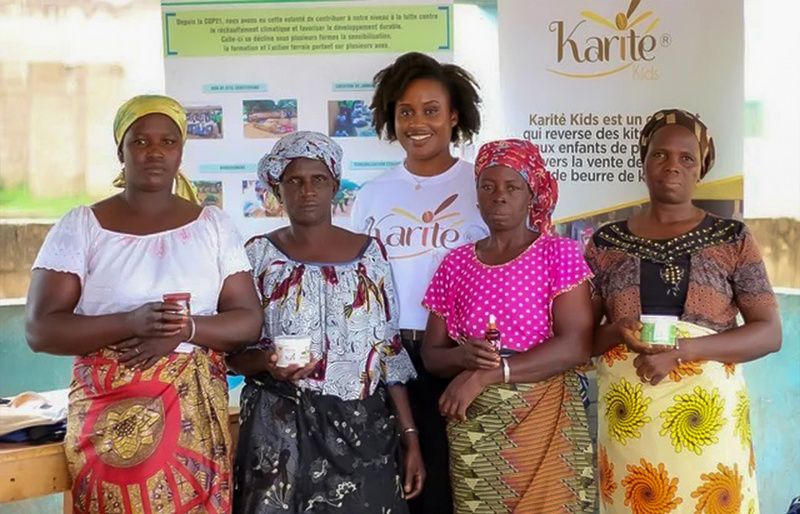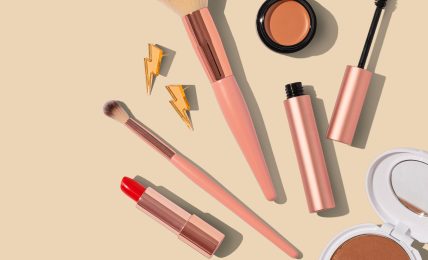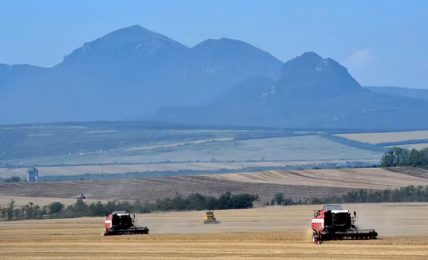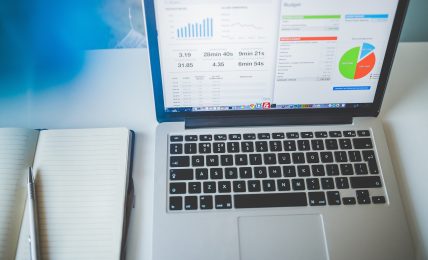How Value Addition for Raw Shea has Become ‘Women’s Gold’ for an Entrepreneur in Côte d’Ivoire
Adding value to raw shea at home in Côte d'Ivoire was a great way for Mouahié Kouassi to apply her considerable education to create jobs, help the economy, and support a community. Now that her products are going international, her success is a reminder of the massive potential value of "women's gold".
